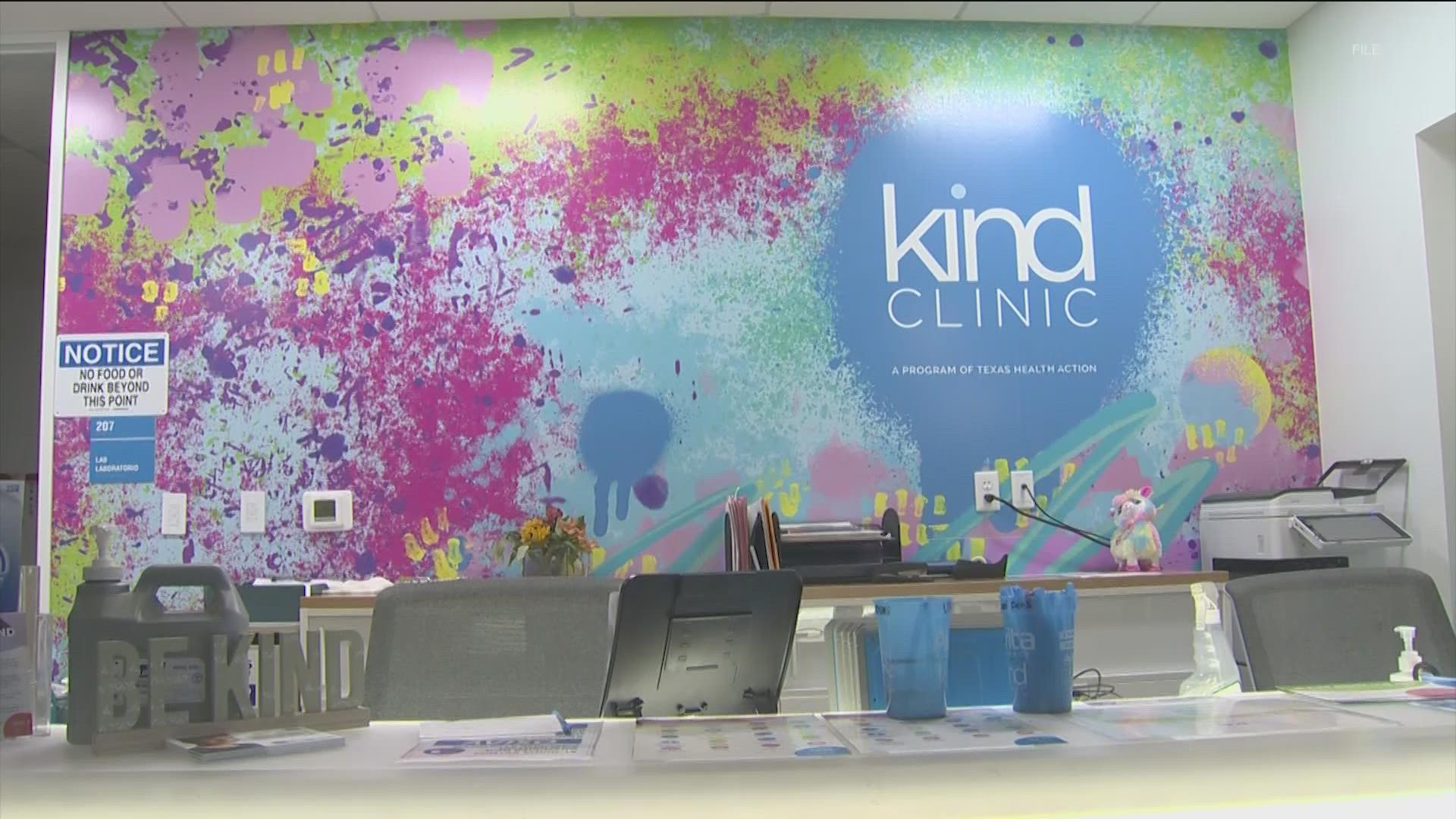AUSTIN, Texas — Austin Public Health released its 2022 Community Health Assessment, which showed that nearly 50% of people who identify as LGBTQIA+ reported not seeking care when having a health problem.
People like Rainey Fraser, a transgender woman living in Austin, said that statistic isn't shocking for people in the LGBTQIA+ community.
"I was aware of being trans for years and years and years before I ever even accessed medical care," Fraser said.
Now she works to help others get access to care as a program manager for Texas Health Action's TeleKind. It's a telemedicine sexual health service focused on delivering equitable and affirming sexual health and gender-affirming care across the state.
The 2022 Community Health Assessment released by APH shows the Austin-Round Rock-Georgetown metropolitan area had the third largest percentage of LGBTQIA+ people in the U.S. and that 48.6% of LGBTQIA+ respondents reported not seeking care when having a health problem.
Fraser said that stigma is one of the biggest reasons it took her years to seek medical care.
"When you understand the conditions around poverty, around discrimination and stigma against members of our community, and for any number of factors, it becomes easier to understand why we have such big issues," Fraser said.
W.H. Harris, a doctor of nursing practice at Texas Health Action's TeleKind, said hateful rhetoric also leads many patients to delay or not seek out care.
"The stigma is there when you're part of the community, especially if you live in an area such as Texas, which is really highly conservative, you don't want to go out to those medical professionals because you don't feel that they're inclusive," Harris said.
There are more barriers than just stigma, according to Harris.
"You put all these little pieces together from just feeling marginalized and stigmatized to just not being able to afford it. Transportation, mental health, these are all aspects that you have to be social determinants of health that are really seen in the community," Harris said.
The issue the LGBTQIA+ community is facing when it comes to medical care is not exclusive to Austin. Fraser said it's going to take everyone to work together to change that so everyone can seek access to medical care without any fear.
"Hope isn't about knowing what's going to happen. Hope is about knowing that what you're doing matters because the future is uncertain. So I think what we need is more people to be engaged," Fraser said.
Texas Health Action is a nonprofit that operates Kind Clinic, TeleKind and the Waterloo Counseling Center. Below are links to each:
Additional organizations that provide resources to the LGBTQIA+ community are included below:
PEOPLE ARE ALSO READING:

